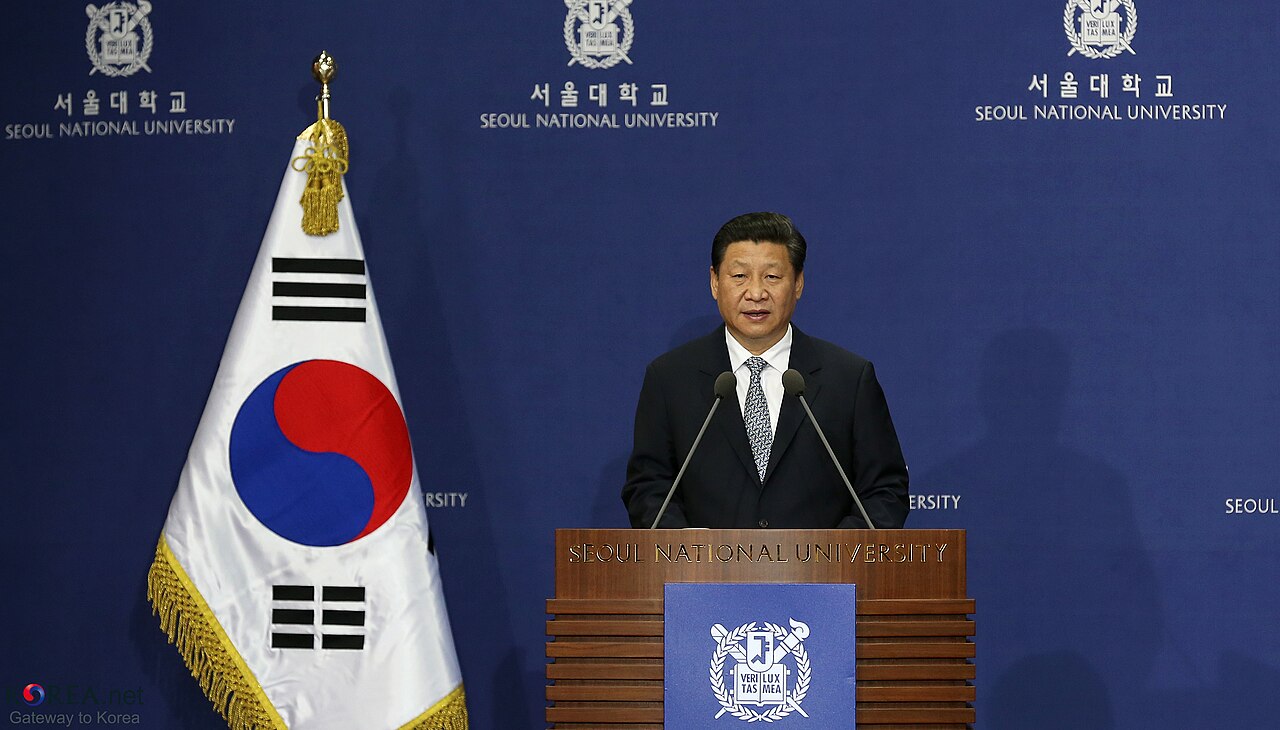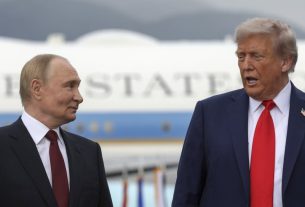Beijing/Kuala Lumpur — Chinese President Xi Jinping is unlikely to attend the upcoming Association of Southeast Asian Nations (ASEAN) leaders’ summit scheduled for 26–28 October 2025 in Kuala Lumpur, according to two sources familiar with the matter. The development dampens expectations of a potential face-to-face meeting with U.S. President Donald Trump, who has confirmed his attendance.
Malaysian Prime Minister Anwar Ibrahim, whose country currently chairs the 10-member ASEAN bloc, had previously indicated that both Xi and Trump were expected to participate in what he described as “ASEAN’s largest and most high-profile gathering of world leaders to date.” The summit is expected to host a wide range of global leaders, including Brazilian President Luiz Inácio Lula da Silva and South African President Cyril Ramaphosa.
China to Be Represented by Premier Li Qiang
In Xi’s expected absence, Chinese Premier Li Qiang is likely to represent Beijing at the summit, continuing a pattern of Chinese premiers attending ASEAN-related meetings. Li previously participated in the ASEAN-Gulf Cooperation Council summit in May. China’s Ministry of Foreign Affairs declined to confirm Xi’s attendance, stating only that “China has always attached importance to China-ASEAN relations and East Asian cooperation.”
Xi has rarely attended ASEAN summits in person since assuming office in 2012, with his most recent participation being a virtual appearance at a special summit in 2021.
Trump’s Attendance and Trade Diplomacy
President Trump’s presence at the summit will mark his first visit to Southeast Asia since his 2019 meeting with North Korean leader Kim Jong Un in Hanoi. He is also expected to attend the Asia-Pacific Economic Cooperation (APEC) summit in South Korea from 30 October to 1 November, where aides have discussed the possibility of a bilateral meeting with Xi, contingent on progress in trade negotiations.
Trump recently stated that he would meet Xi before the end of the year if a trade agreement is reached, noting that “we’re getting very close to a deal.” The two countries last week extended a tariff truce for another 90 days, temporarily averting steep duties on each other’s goods while talks continue on issues including market access, rare earths, and trade imbalances.
Regional Implications
The evolving U.S.–China trade dynamic continues to reverberate across Southeast Asia, a region heavily reliant on exports and manufacturing. Washington’s recent announcement of a 19% tariff on exports from major Southeast Asian economies—significantly lower than previously threatened—followed warnings against transshipment of Chinese goods through regional partners.
While Xi’s absence may shift expectations for high-level diplomacy at the ASEAN summit, the gathering remains a critical platform for regional cooperation and dialogue. Malaysian officials have emphasized the importance of ensuring that attending leaders “leave ASEAN feeling their time was well spent,” as the bloc seeks to reinforce its relevance amid shifting global alliances.



